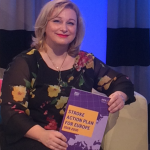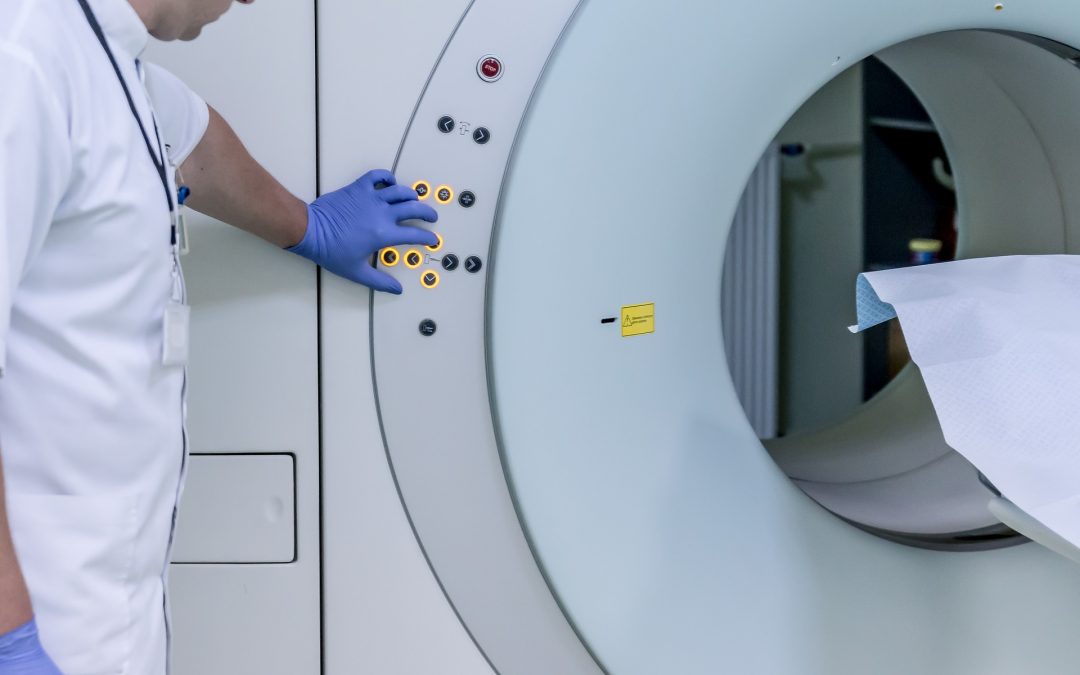This interview first appeared on European Stroke Association website
 *Professor Anita Arsovska is Head of the Department for Urgent Neurology at the University Clinic of Neurology, University Ss Cyril and Methodius, Skopje, Republic of North Macedonia
*Professor Anita Arsovska is Head of the Department for Urgent Neurology at the University Clinic of Neurology, University Ss Cyril and Methodius, Skopje, Republic of North Macedonia
Professor Arsovska has participated as a subinvestigator in the MARINER and Impact 24B studies. She is an ESO Fellow as well as President of the Macedonian Neurology Society and Board member of Stroke Alliance for Europe (SAFE). She is an active member of the ESO Public Relations and Trials Alliance Committees. Her main interests involve acute stroke management, color duplex sonography and neuroimaging. She is also very active in promoting stroke prevention and raising stroke awareness, organizing many public campaigns and scientific meetings. Prof. Arsovska is involved in the ESO EAST and Angels projects. She also participated in the Action Plan for Stroke in Europe as part of the acute stroke management working group.
What are your main fields of interest in stroke medicine and research?
Many exciting innovations and improvements in the field of acute treatment are taking place, making stroke medicine an energetic discipline. As a Head of the Department for Urgent Neurology, it is my ambition to implement new hyperacute treatments and manage acute stroke patients at the highest level by a multidisciplinary team. I am very honored that I had the opportunity to be a part of the Acute Stroke Management working group in the Stroke Action Plan for Europe 2018-2030 and contribute to fulfillment of the targets for 2030. Beside the acute treatment, I am also interested in stroke prevention and especially in the life after stroke period, a neglected domain in many countries across Europe. Serving as a SAFE (Stroke Alliance for Europe) Board member, gives me an unique opportunity to commit to the needs and rights of stroke survivors and their caregivers and reduce the overall burden of stroke. SAFE, in partnership with ESO has developed the SSOFT – an online learning tool designed to help anyone interested in setting up or developing a Stroke Support Organisation (SSO) in Europe. At the moment, SAFE, in collaboration with ESO is preparing the event ‘Joining forces to prevent and control non-communicable diseases: The role of policy in tackling stroke’, under the patronage of the Romanian Presidency of the Council of the European Union, which will take place on 28 March 2019, in Brussels, at the European Committee of the Regions.
What is the role of ESO in facilitating and promoting the projects you are coordinating or where you are involved?
The European Stroke Organisation (ESO) is a vibrant and dynamic organisation that generously offers many possibilities in networking, education and scientific knowledge. ESO is a true inspiration to its members, providing guidance and sense of belonging to the stroke community. I am truly grateful to currently serve as a member of the PR Committee and Trials Network Committee, and previously in the Membership Committee, thus actively contributing to the mission and vision of ESO. The ESO-EAST initiative is the first comprehensive programme of improving stroke care in Eastern European countries, aiming to harmonize stroke care among all countries in Europe. The Angels Initiative in which I am actively involved is helping us to increase the number of patients in stroke ready hospitals and to optimize the treatment quality for every stroke patient. We have 5 centers registered in the RES-Q registry, an initiative of the ESO EAST Project, a very useful tool for monitoring and evaluation of health care quality, providing insight into specific gaps that need to be improved in our stroke care system.
You can read the full interview here.





